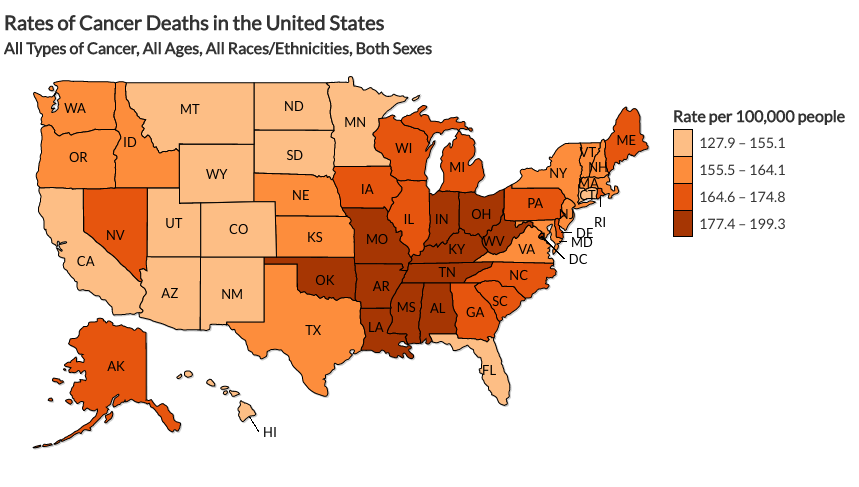Does mitral valve regurgitation affect blood pressure?
Yes, mitral valve regurgitation (MR) can affect blood pressure, but the impact depends on the severity of the regurgitation, the overall heart function, and whether the condition is acute or chronic.
Mitral valve regurgitation (MR) symptoms vary depending on whether it is acute or chronic, and whether it is mild or severe. Some people can be asymptomatic for years, especially in the early stages of chronic MR.
The average age of patients diagnosed with significant MR in developed countries is typically around 60 to 75 years old. MR becomes more common with age, especially degenerative (primary) MR due to mitral valve prolapse or annular calcification.
Common Symptoms of Mitral Valve Regurgitation
These symptoms often appear slowly as the heart compensates over time:
Shortness of breath (dyspnea)
Initially with exertion, later even at rest or when lying down (orthopnea)
Fatigue and weakness
Due to reduced forward blood flow from the heart
Palpitations
From atrial fibrillation (common with left atrial enlargement)
Cough, especially at night or when lying down
Sometimes with pink, frothy sputum if pulmonary edema develops
Swelling in legs or abdomen (edema)
Sign of right-sided heart strain in advanced stages
Heart murmur
A high-pitched, blowing systolic murmur heard best at the apex
How MR affects blood pressure:
1. Systolic Blood Pressure (SBP)
Mild to moderate chronic MR often has little to no effect on resting blood pressure.
In severe MR, blood is ejected backward into the left atrium during systole instead of entirely into the aorta, which can reduce the effective forward stroke volume. This can sometimes result in a lower systolic blood pressure.
2. Diastolic Blood Pressure (DBP)
DBP is usually normal or slightly reduced, depending on peripheral vascular resistance.
In some chronic cases, widened pulse pressure (larger gap between systolic and diastolic pressure) may be noted.
3. Acute Severe MR
In acute MR (e.g., due to papillary muscle rupture after a heart attack), the sudden increase in left atrial pressure and drop in forward cardiac output can cause:
Low systolic BP
Hypotension
Pulmonary edema
A clinical emergency
4. Secondary Effects
Over time, chronic MR can lead to left ventricular dilation, heart failure, and atrial fibrillation, all of which can alter blood pressure regulation.
Summary:
Mild to moderate MR: usually minimal effect on BP.
Severe chronic MR: may cause lower systolic BP and symptoms of heart failure.
Acute MR: can cause hypotension and is a medical emergency.
If you're monitoring blood pressure in the context of MR, it's essential to consider the whole clinical picture and not rely solely on BP readings to assess severity. Let me know if you’d like to explore how MR is diagnosed or treated.



